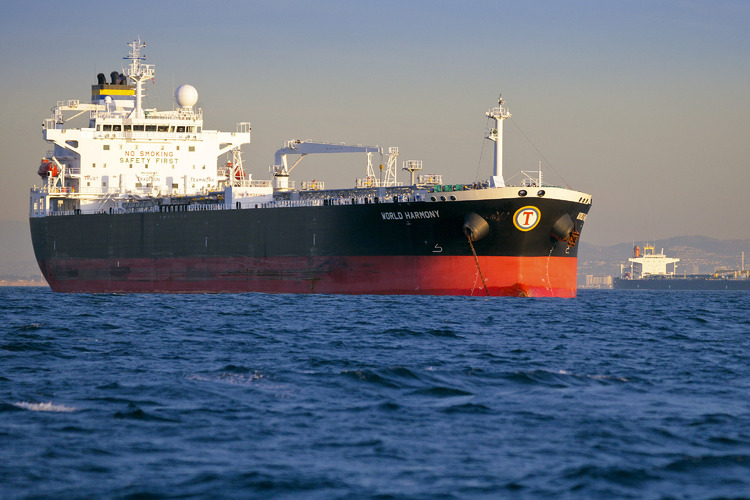- We’re Not Getting Forex at N305/$1, Oil Marketers Lament
The Major Oil Marketers Association of Nigeria has said its members are not getting foreign exchange at N305 to a dollar for the importation of Premium Motor Spirit, also known as petrol.
The Nigerian National Petroleum Corporation has been the sole importer of petrol into the country for more than a year as private oil marketers stopped importation due to a shortage of forex and increase in crude oil prices, which were said to have made the landing cost of the product higher than the official pump price of N145 per litre.
The Chief Operating Officer, Downstream, NNPC, Mr Henry Ikem-Obih, had, during a panel discussion on Wednesday at the just-concluded Nigeria Oil and Gas Conference and Exhibition in Abuja, said the forex intervention scheme, which was rolled out by the Central Bank of Nigeria and co-managed by the NNPC had been extremely successful.
“Since that scheme was set up, we have received applications from marketers for $7.2bn worth of forex. In terms of actual disbursement, about 50 per cent of the applications got funding. But the truth is that the forex that came through that scheme, especially for PMS, got potential funding for the majority of the applicants and forex was available to the marketers. However, applications that came in for AGO, HHK, ATK also got forex at N305. And so, I don’t agree that access to forex is a big issue for marketers,” he had said.
But the Chairman, MOMAN, Mr Tunji Oyebanji, who spoke on the sidelines of the event, said marketers had not resumed petrol importation as they could not access forex at N305/$1.
“We don’t know who is getting foreign exchange at N305/$1. If we are getting it at that rate for petrol, we will be importing. But we are not getting it. Yes, when the scheme started, that was the plan and CBN was the one handling it. Eventually, the NNPC took over it, and we don’t know who is getting it at N305. So, maybe he can enlighten us by publishing the names of those who are getting it,” he said.
Oyebanji, who is the Managing Director of 11Plc (formerly Mobil Oil Nigeria Plc), said, “We are not importing PMS at all but if we want to import Automotive Gas Oil (diesel) or Aviation Turbine Kerosene (aviation fuel), we have to go and buy at N330 or N346. You can’t compete because the NNPC is bringing everything at N305; so, it is not a level-playing field at all.”
Asked what exchange rate would enable the marketers to resume the importation of petrol, he said, “If we were getting at N305, maybe we will be able to [import]. But again, technically, for the country as a whole, does it even make sense? In the market, your dollar is being sold at N360; so what Nigeria should be earning for every dollar is N360. That is really the market value.
“So, every time you are even selling it at N305, you are also subsidising and it is a loss to the country. So, we all have to determine what we want to do.”

 Forex3 weeks ago
Forex3 weeks ago
 Naira3 weeks ago
Naira3 weeks ago
 Billionaire Watch2 weeks ago
Billionaire Watch2 weeks ago


 Naira3 weeks ago
Naira3 weeks ago




 Naira2 weeks ago
Naira2 weeks ago




 Naira1 week ago
Naira1 week ago




 Naira4 weeks ago
Naira4 weeks ago
 Banking Sector4 weeks ago
Banking Sector4 weeks ago






















